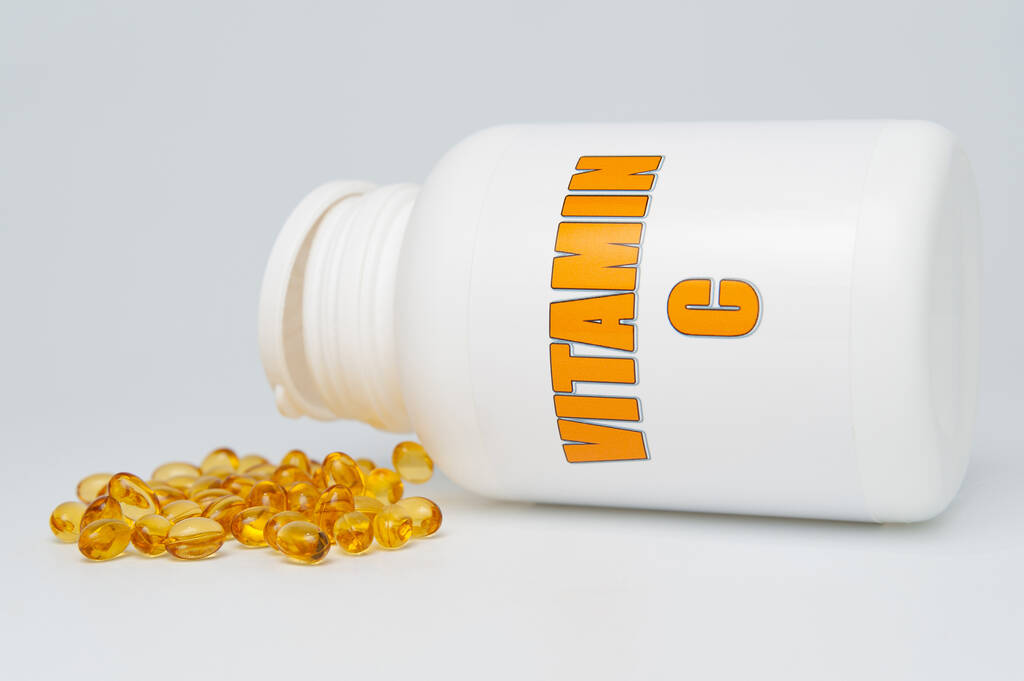The immune system is a complex network of cells, tissues, and organs that work together to protect the body from harmful pathogens such as viruses, bacteria, and parasites. A strong immune system is essential for maintaining good health and preventing infections. While a healthy diet and lifestyle are key factors in supporting immune health, some people turn to dietary supplements to boost their immune system. In this article, we will explore some of the most commonly used supplements for immune health and what the research says about their effectiveness.
- Vitamin C
Vitamin C is a powerful antioxidant that is known to play an important role in immune function. It is also involved in the production of collagen, which is essential for healthy skin, bones, and connective tissue. Vitamin C is found in many fruits and vegetables, including citrus fruits, kiwi, and strawberries.
Research suggests that vitamin C can help to reduce the duration and severity of colds and other respiratory infections. A review of 29 studies found that taking vitamin C supplements reduced the risk of getting a cold by 50% in people who were under physical stress, such as marathon runners and soldiers. However, the benefits of vitamin C supplements for the general population are less clear.

- Vitamin D
Vitamin D is essential for bone health, and it is also important for immune function. Our bodies produce vitamin D when our skin is exposed to sunlight, and it is also found in some foods, such as fatty fish and fortified dairy products.
Research suggests that vitamin D can help to reduce the risk of respiratory infections, such as the common cold and the flu. A study of over 11,000 people found that taking vitamin D supplements reduced the risk of respiratory infections by 12%. However, more research is needed to fully understand the effects of vitamin D on the immune system.
- Zinc
Zinc is an essential mineral that is involved in many cellular processes, including immune function. It is found in many foods, including oysters, beef, and beans.
Research suggests that zinc supplements can help to reduce the duration and severity of colds and other respiratory infections. A review of 13 studies found that taking zinc supplements within 24 hours of the onset of cold symptoms reduced the duration of the cold by an average of 33%. However, taking high doses of zinc supplements can be harmful and can cause nausea, vomiting, and other gastrointestinal problems.
- Probiotics
Probiotics are live microorganisms that are found in certain foods, such as yogurt and fermented vegetables. They are also available in supplement form. Probiotics are thought to support immune health by promoting the growth of beneficial gut bacteria.
Research suggests that probiotics may help to reduce the risk of respiratory infections, such as the common cold and the flu. A review of 20 studies found that taking probiotics reduced the risk of respiratory infections by 42%. However, more research is needed to fully understand the effects of probiotics on the immune system.
- Elderberry
Elderberry is a fruit that is known for its antioxidant and anti-inflammatory properties. It is also thought to have immune-boosting properties. Elderberry supplements are available in many forms, including syrups, capsules, and teas.

Research suggests that elderberry supplements may help to reduce the duration and severity of colds and other respiratory infections. A study of 312 people found that taking elderberry supplements reduced the duration of cold symptoms by an average of 4 days. However, more research is needed to fully understand the effects of elderberry on the immune system.
If you are considering taking supplements to support your immune system, it’s important to talk to your healthcare provider first. They can help you determine if supplements are necessary based on your individual health status and recommend the appropriate dosage.
In conclusion, while some supplements can benefit the immune system, it’s important to be cautious and not rely on supplements alone. A healthy lifestyle, including a balanced diet, regular exercise, stress management, and adequate sleep, is still the best way to support immune health.
Learn more at Wiki as well.
